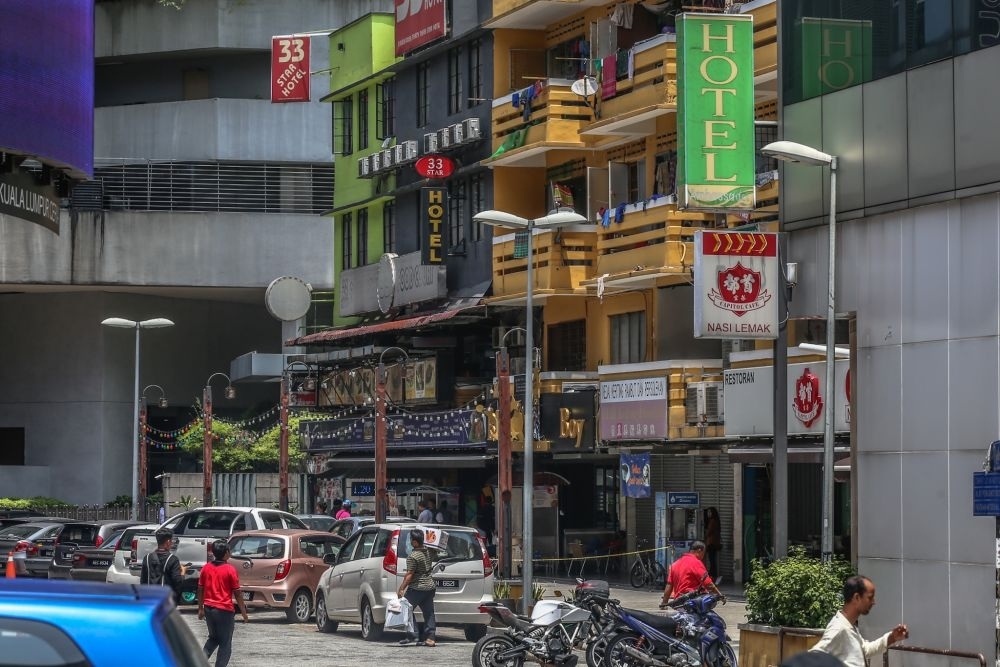BRICS Ministers Push for Major IMF Overhaul: Calls for Fairer Voting and End to European Leadership

BRICS Nations Demand Sweeping Changes to IMF Governance
Singapore – Finance ministers from the BRICS economic bloc – Brazil, Russia, India, China, and South Africa – have issued a strong call for significant reforms within the International Monetary Fund (IMF). Speaking on Saturday, the ministers outlined a comprehensive proposal aimed at ensuring a more equitable and representative global financial architecture. Central to their demands are a fairer distribution of voting rights and a departure from the long-standing tradition of European leadership within the institution.
The Core of the Proposal: Fairer Representation
For years, BRICS nations have voiced concerns about the IMF's governance structure, arguing that it disproportionately favors developed economies, particularly those in Europe. The current system, rooted in historical power dynamics, leaves emerging markets and developing countries with a significantly smaller voice in decision-making. The BRICS ministers' proposal directly addresses this imbalance, advocating for a revised distribution of voting rights that more accurately reflects the shifting global economic landscape.
“The current quota system doesn’t adequately reflect the economic weight of BRICS nations and other emerging economies,” stated a joint statement released following the meeting. “We believe a more equitable distribution is essential for the IMF to effectively fulfill its mandate of promoting global financial stability and sustainable economic growth.”
Ending the European Leadership Tradition
Another key element of the BRICS proposal is a challenge to the convention of having a European leader at the helm of the IMF. This tradition, dating back to the fund’s inception, has been criticized as perpetuating a Eurocentric bias. The ministers argue that the IMF’s leadership should be chosen based on merit and qualifications, regardless of geographical origin.
“The IMF needs leaders who possess a global perspective and a deep understanding of the challenges facing all member countries,” the statement continued. “Limiting the pool of potential candidates based on nationality undermines the institution’s credibility and effectiveness.”
Why This Matters: Implications for Global Finance
The BRICS nations' collective voice carries considerable weight in the global economy. Their call for IMF reform has the potential to significantly reshape the institution and its role in the international financial system. A successful overhaul could lead to:
- Increased Influence for Emerging Markets: Greater voting power would allow BRICS and other developing nations to have a more meaningful say in IMF policies and lending decisions.
- Improved IMF Legitimacy: A more representative governance structure would enhance the IMF’s credibility and ensure its decisions are perceived as fair and impartial.
- Enhanced Global Financial Stability: A more inclusive IMF, better equipped to understand and respond to the needs of all member countries, could contribute to greater global financial stability.
Challenges Ahead
Implementing these reforms will undoubtedly face challenges. Resistance from established member states, particularly in Europe, is likely. However, the growing economic clout of the BRICS nations and the increasing recognition of the need for a more equitable global financial system suggest that the call for reform is gaining momentum. The coming months will be crucial as the BRICS proposal is debated and negotiated within the IMF and among its member countries. The world is watching to see if the institution can adapt to the evolving realities of the 21st-century global economy.






